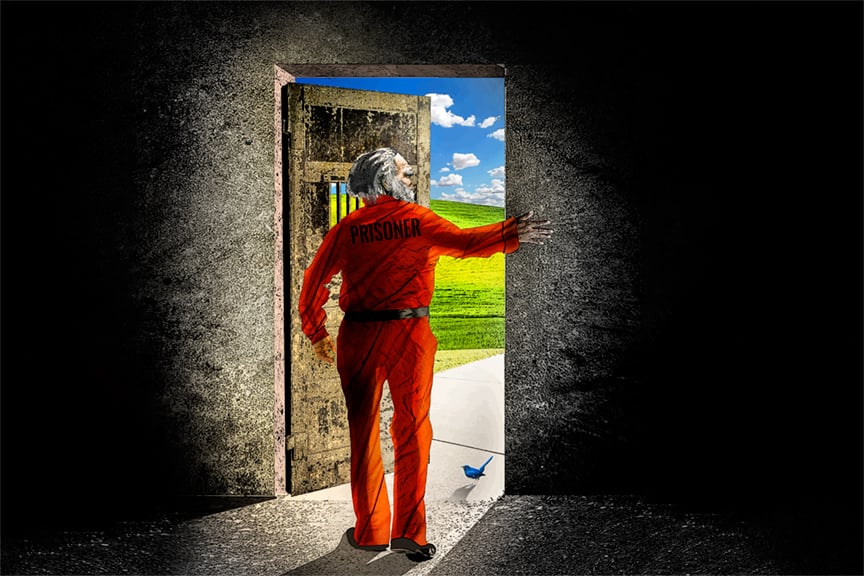2019 legislative session
ACLU: NM has flawed data about solitary confinement
|
Cover of ACLU-NM report about discrepancy in NM solitary confinement statistics. The American Civil Liberties Union New Mexico appears to have uncovered a significant statistical deficiency in New Mexico criminal justice data. In September 2018, the state Corrections Department reported 4 percent of inmates in its prisons were being held in solitary confinement — defined as spending 22 hours or more a day alone for 15 or more consecutive days. A research team working with the ACLU found that the rate was actually 9 percent. Steve Allen, policy director for the ACLU of New Mexico, chalks the disparity up to a lack of uniform policies, practices and data collection.








